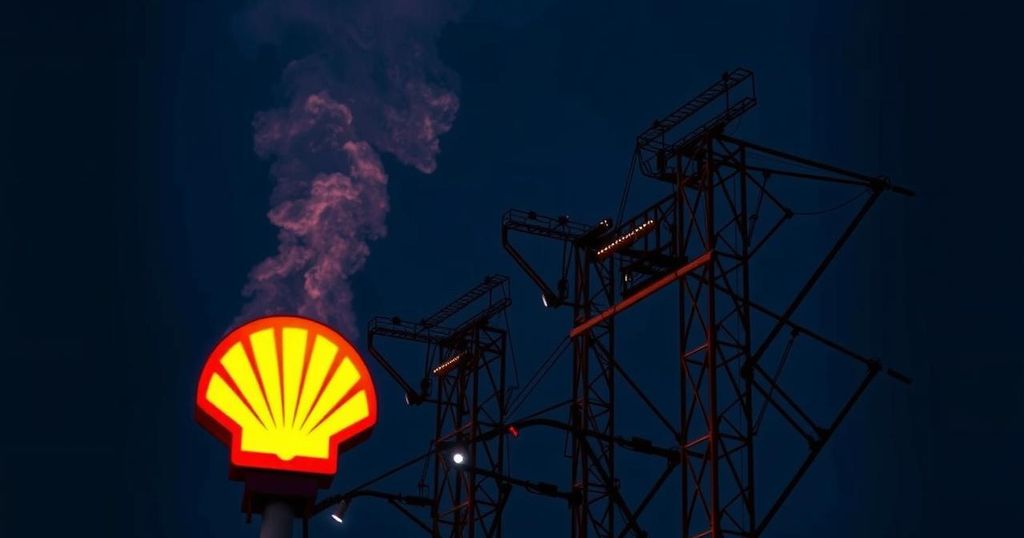In a recent ruling, a Dutch appeals court sided with Shell, dismissing a previous court’s order for the oil giant to drastically reduce greenhouse gas emissions. While acknowledging Shell’s obligation to protect the climate, the court found it could not impose specific targets. This decision comes in the wake of heightened global climate discussions at COP29 and reflects ongoing tensions surrounding corporate accountability for climate change.
A Dutch appeals court has issued a ruling favoring Shell in a significant case regarding climate change measures. The court in The Hague overruled a previous decision that mandated the company to significantly cut greenhouse gas emissions. While acknowledging Shell’s responsibility to contribute toward climate protection, the court highlighted that it could not enforce specific reduction targets, instead recognizing Shell’s commitment to its own emission goals and progress towards them. This judgment arrives in the context of heightened scrutiny over corporate climate action, especially amid recent global climate discussions at COP29.
The backdrop to this ruling involves Shell’s ongoing legal battles and obligations concerning greenhouse gas emissions as a major oil and gas corporation. In 2021, a Dutch court mandated Shell to reduce its carbon emissions by 45% by 2030 compared to 2019 levels, marking a historic precedent in holding companies accountable in alignment with international climate agreements. Shell’s operations are significant contributors to global greenhouse gas emissions, raising concerns about the accountability of fossil fuel companies in the face of climate change.
The appellate judgment represents a pivotal moment in the ongoing discourse regarding corporate responsibility for climate change. Despite dismissing specific emission reduction mandates, it reaffirmed the notion that companies like Shell hold a critical obligation to mitigate their environmental impact. The outcome of this case may influence future legal precedents and corporate climate strategies, especially as global awareness of climate issues continues to escalate.
Original Source: www.aljazeera.com






